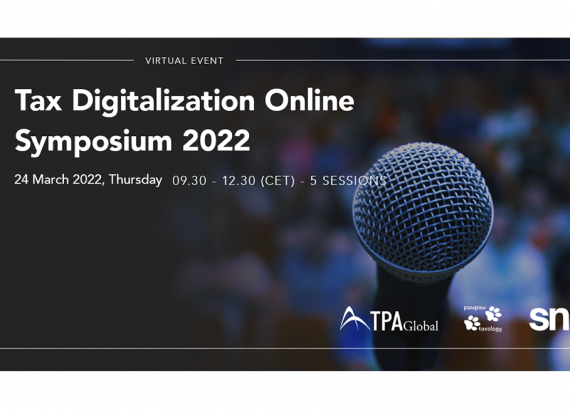Resources
E-Invoicing In South Africa
Menu



Legislation
The Minister of Finance published the Value-Added Tax Act 89 of 1991 (the VAT Act1 ) and an updated version was released on 18 March 2019.
Tax Authority
South African Revenue Service
Mandatory Status
- Tax Invoices
Mandatory - e-Filing
Mandatory
e-Signature
Not mandatory
Archiving
5 years
Tax invoices have a significant role in deducting input tax on business expenses and updated regulations that are valid from 1 April 2019. Issuing a full tax invoice is mandatory when the price exceeds R 5,000 and less than R 5,000 optional to issue a simplified tax invoice. A tax
invoice is not required if the supply is R50 or less. Electronic filing submissions are done in 12 months following the end of the reporting fiscal year.





